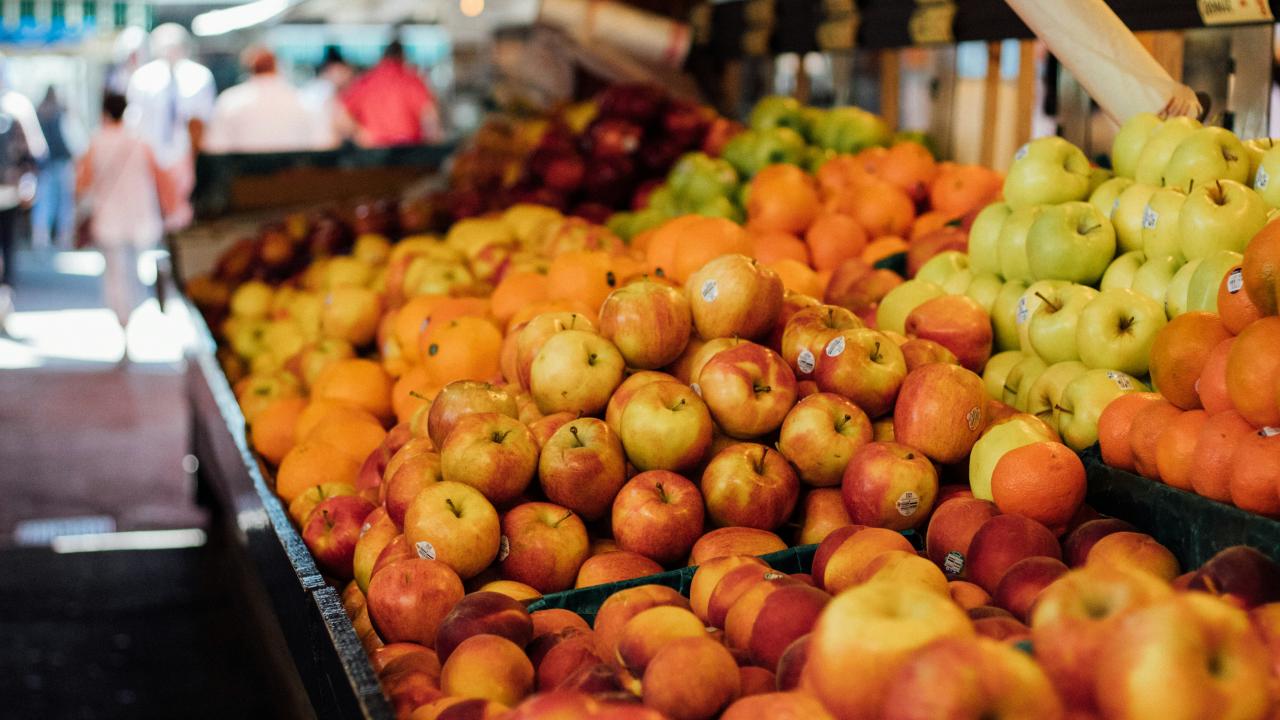Grocery giants face court: Dairy farmers applaud moves

FARMERS and agricultural organisations have welcomed a move by the country’s competition watchdog to take the two big supermarkets to court over alleged breaches of consumer law.
This week the Australian Competition and Consumer Commission announced it has has commenced separate proceedings in the Federal Court against Woolworths Group Limited and Coles Supermarkets Australia Pty Ltd for allegedly breaching the Australian Consumer Law by misleading consumers through discount pricing claims on hundreds of common products.
The ACCC’s allegations relate to products sold by each of Woolworths and Coles at regular long-term prices which remained the same, excluding short-term specials, for at least six months and in many cases for at least a year.
The products were then subject to price rises of at least 15 per cent for brief periods, before being placed in Woolworths’ ‘Prices Dropped’ promotion and Coles’ ‘Down Down’ promotion, at prices lower than during the price spike but higher than, or the same as, the regular price that applied before the price spike.
ACCC Chair Gina Cass-Gottlieb said following many years of marketing campaigns by Woolworths and Coles, Australian consumers have come to understand that the ‘Prices Dropped’ and ‘Down Down’ promotions relate to a sustained reduction in the regular prices.
“However, in the case of these products, we allege the new ‘Prices Dropped’ and ‘Down Down’ promotional prices were actually higher than, or the same as, the previous regular price,” she said.
The ACCC alleges the conduct involved 266 products for Woolworths at different times across 20 months, and 245 products for Coles at different times across 15 months.
“Many consumers rely on discounts to help their grocery budgets stretch further, particularly during this time of cost of living pressures. It is critical that Australian consumers are able to rely on the accuracy of pricing and discount claims,” Ms Cass-Gottlieb said.
Australian Dairy Farmers has welcomed the competition ACCC’s pursuit of the questionable pricing tactics used by the big two supermarket.
The ADF says it came on the same day Woolworths shaved another 5c/litre off the cost of its homebrand milk.
“What we’ve seen with the ACCC taking action against Coles and Woolworths is a clear signal that the powers of these supermarkets is too great,” ADF President, Ben Bennett said.
“Coles and Woolworths must understand that these moves, on the back of processors reducing prices to farmers, have real-world consequences for rural communities and the future of Australian dairy production.”
He said decisions like this are not made in a vacuum.
“The reduction in milk prices may seem trivial to consumers, but for dairy farmers, it can mean the difference between staying afloat or shutting down,” he said.
ADF has strongly condemned the decision by Woolworths to reduce milk prices by 5 cents per litre – a move it says directly threatens the viability of dairy farmers across the country.
“This price cut undermines the long-term sustainability of the dairy industry and shifts the burden of cost savings directly to the backs of hardworking farmers,” Mr Bennett said.
According to the latest forecasts from the Australian Bureau of Agricultural and Resource Economics and Sciences (ABARES), milk production values are already expected to fall by $570 million to $5.5 billion, with most of this decline reflecting reduced farmgate milk prices.
“In no other industry can a pricing decision by management wipe half a billion dollars in value from an entire sector – most of which is directly tied to the returns that farmers receive,” Mr Bennett said.
“Such actions put immense pressure on our dairy farmers who are already grappling with rising costs of production and unfavourable weather conditions.”
Shortly after the ACCC’s announcement the Federal Government released it draft of the Mandatory Food and Grocery code of conduct.
The new code of conduct would allow the ACCC to impose fines of millions of dollars if necessary.
The code is mainly focused on how the supermarkets deal with farmers suppliers and manufacturers, but to not see prices reduce at the checkout.

Add new comment